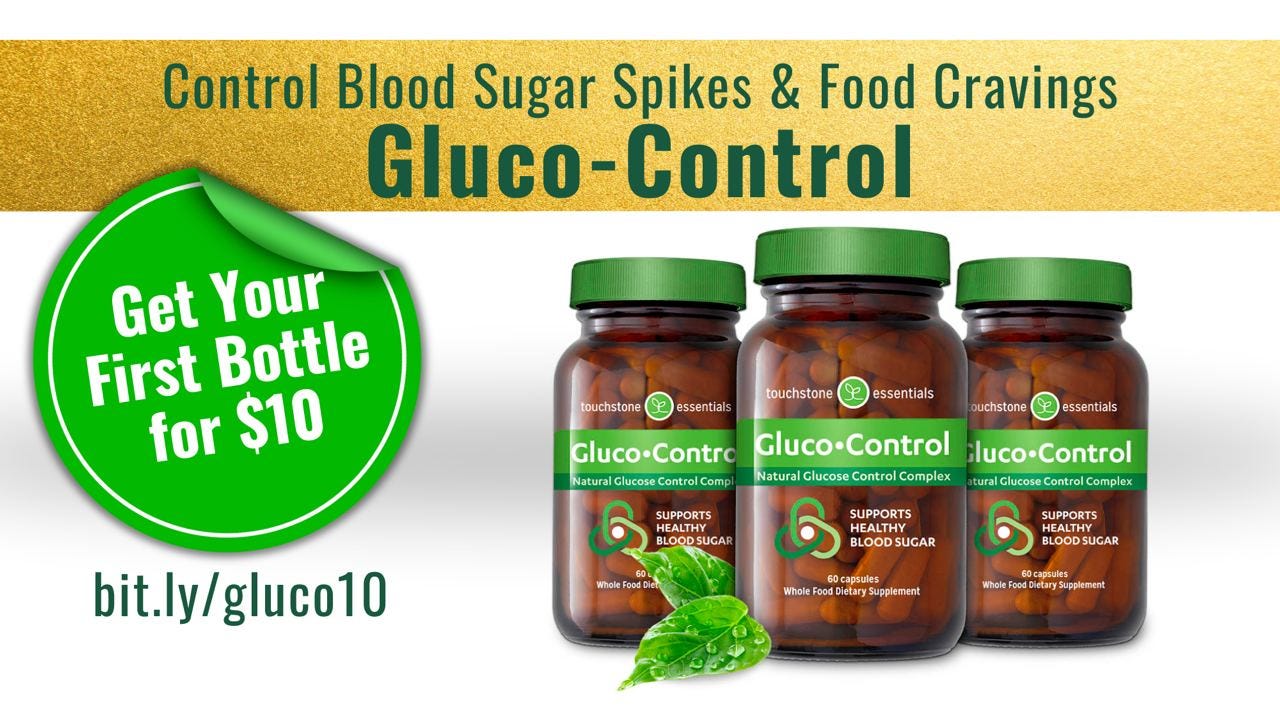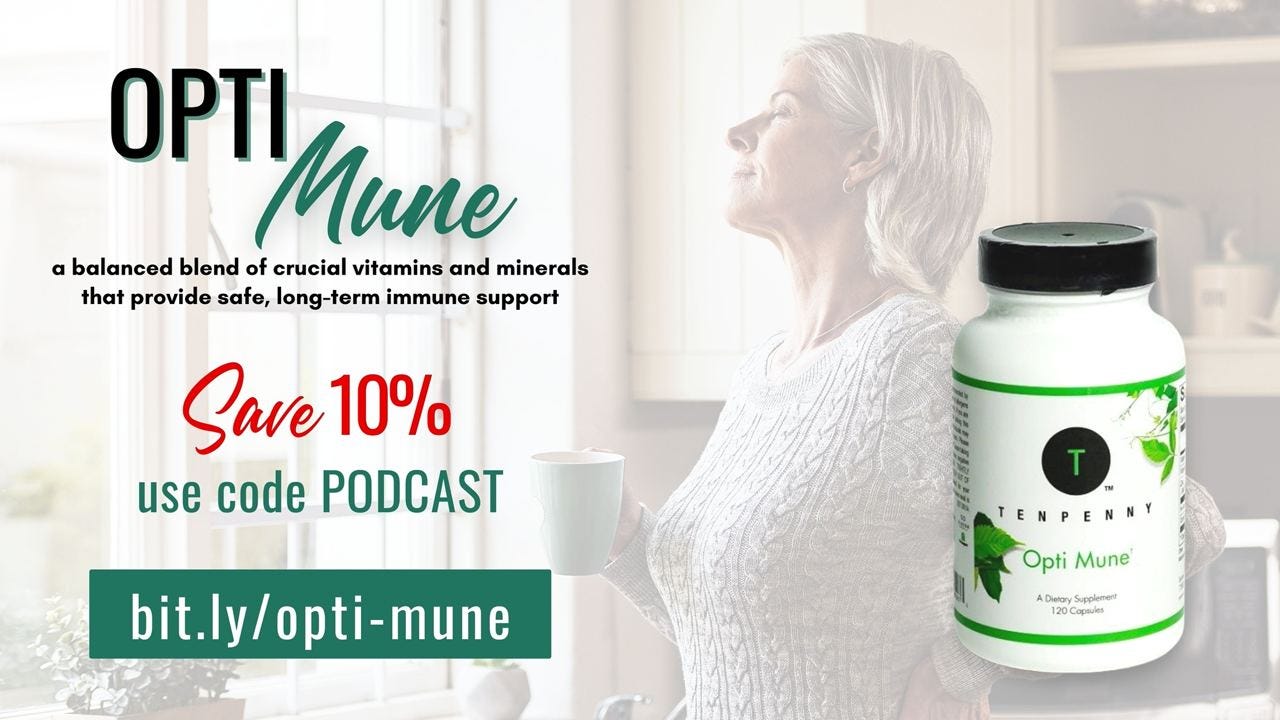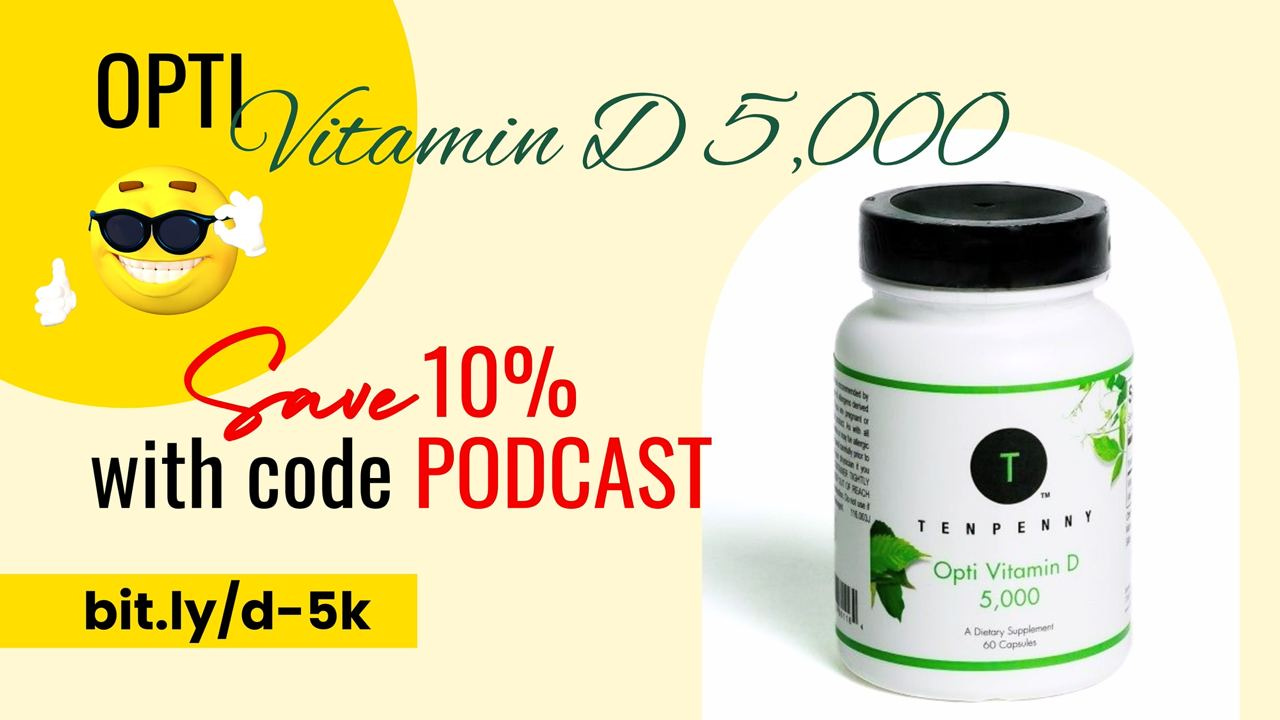I have long said that “flu season” is the annual outcome of “sugar season” that begins with Halloween and concludes with New Years festivities, when people suppress their immune system with literally pounds of white refined sugar, white flour, and far too much alcohol.
According to the American Heart Association, adults and children in the US consume an average of 23 teaspoons of refined sugar every day, more than 2 to 3 times the recommended maximum of no more than six teaspoons of sugar for women per day and nine teaspoons for men. Overall, this adds up to around 60 pounds of sugar consumed annually—that’s equivalent to setting six 10-pound bowling balls on a scale.
According to the National Retail Federation, American children eat, on average, more than 16 times the daily recommended amount of sugar on Halloween, which can amount to three to four pounds of candy and three cups of sugar. A few weeks later, the United States celebrates large, sugar-laden meals during Thanksgiving on the fourth Thursday in November. This annual family event, dating back to 1621, commemorates the first meal shared by America's pioneering pilgrims and Native Americans. And then for the next 30 days, the Christmas holidays provide daily doses of sugar, especially as white refined sugar, in cookies, cakes, pies, chocolates, and more. The overconsumption of refined sugar during this nine-week period is a concentrated assault on the immune system.
The innate immune system represents the first line of defense against pathogens. A study published in 1973 in the American Journal of Clinical Nutrition showed that the dietary intake of refined sugar can impair the body’s white blood cells, for up to 12 hours. (Sanchez, A., et al. Role of sugars in human neutrophilic phagocytosis. The American Journal of Clinical Nutrition, 26, 1180-1184. 1973.)
Another more recent study (2011) also evaluated the effect of sugars on the immune system. Investigators from Harvard Medical School studied mannose-binding lectin (MBL), a molecule that reversibly binds to carbohydrates that have attached to a pathogen to remove it. MBL lectins appear to have a “magnetic” effect on cells around them, gathering clusters of cells for destruction by macrophages and other “clean up” cells. MBL works to remove influenza A viruses and the bacteria, Staphylococcus aureus, that may have gotten into the bloodstream. The researchers concluded that dietary sugars, in particular fructose found as high fructose corn syrup (HFCS), have a negative effect on MBL in a dose dependent manner, meaning the more HFCS that is consumed, the more detrimental the effect on the immune system, and the less likely the MBL is able to remove the pathogens from the blood. REFERENCE: Kazue, Takahashi, et. al. “Dietary sugars inhibit biologic functions of the pattern recognition molecule, mannose-binding lectin.” Open Journal of Immunology. Vol 1, No 2, 41-49 (2011).
Refined vs. Natural Sugar
Natural sugars are found in fruits, vegetables, dairy, and honey. They contain nutrients found in nature, making them a better alternative. Other examples of natural sugars include dates, maple syrup, coconut syrup, and coconut sugar with fiber called inulin.
Most of the health issues blamed on excess sugar are referring to refined sugar made from either sugarcane or sugar beets. In 1747, German chemist Andreas Marggraf, discovered that sugar beet roots contained sucrose, the same sugar that is extracted from sugarcane. Sugar beets, a variety of white beets, contain one of the highest concentrations of sugar of all the beet varieties. After this was discovered, commercial production of sugar beets began to be grown in climates that were too cold to grow sugarcane. Around the world, more than 120 countries now cultivate sugarcane for commercial sale, contributing to more than 75% of the world’s total sugar production as of 2018. In March 2005, genetically modified sugar beets appeared on the US market for the first time. Today, nearly 95 percent of US sugar comes from GMO sugar beets.
Sugar beets for commercial manufacture of refined sugar are not found in the grocery store. The purple, round vegetables we eat are named beetroot, usually known in North America as beets. The British refer to it as the table beet, garden beet, red beet, dinner beet, or golden beet.
When sugarcane or sugar beets are refined through extensive chemical and filtration processes, all the natural vitamins and minerals are stripped out and left behind, leaving only a simple carbohydrate with calories but no nutritional value. The body breaks down refined sugar quickly, causing blood sugar levels to skyrocket and then crash. Even Cancer Treatment Centers of America recommends avoiding refined sugar to lower the risk of obesity, which can, in turn, increase the risk for certain types of cancer.
In the American diet, the top sources of refined sugar are soft drinks, flavored yogurts, cereals, cookies, cakes, candy, and most ultra-processed foods, defined as ready-to-eat and microwaveable foods. But refined sugar is also present as a preservative in items that do not need to be sweetened, such as soups, bread, cured meats, and ketchup.
In addition to the long list of conditions that can result from eating too much refined sugar, such as type 2 diabetes, obesity, tooth decay, high blood pressure, and even cancer, a growing body of evidence from human and animal studies suggests that free and refined sugar may also be a significant risk factor for cognitive impairment. Free sugars are those found in syrups and artificial fruit juices or added to food during manufacturing, including glucose, fructose, sucrose (a sugar molecule made from glucose and fructose combined), and high-fructose corn syrup. REFERENCE: Gillespie, K. M., et al. “The Impact of Free and Added Sugars on Cognitive Function: A Systematic Review and Meta-Analysis.” Nutrients, 16(1). (2024)
The result is that we consume way too much sugar, especially in October, November, and December, leading to the “flu season” in January and February. The long-term adverse effects on health come from chronic inflammation and reduced nutrient absorption. The short-term effect? A suppressed immune system. Preventing the flu doesn’t come from a flu shot; it comes from restricting the amount of free and refined sugar consumed, keeping Vitamin D at adequate levels (80ng/ml) during the winter, and washing your hands.
Follow: Twitter | Instagram | Telegram | Truth Social | Podcast Membership|
Broadcasts: Rumble| HappyHour |This Wk wDrT | Brighteon | Bitchute | Tues Coffee
Learn about ECP: Health Center Cleveland, OH | Health Center Ventura, CA
Websites: DrTenpenny.com |Tenpenny Apparel| Tenpenny Supplements
PLEASE VOTE.
37% OF EVANGELICAL CHRISTIANS DON’T VOTE. WEAR THIS SWEATSHIRT TO THE VOTING BOOTH TO MAKE A BIG STATEMENT!
NOT VOTING FOR CHRISTIAN VALUES IS AN UNANSWERED VOTE FOR WOKISM AND MARXISM IN AMERICA.
T-shirt and Mug say:









Along with the shortage of sunlight leading to deficiency in vitamin D sugar season explains most of the surge in illnesses.
Big pharma has encouraged faddy diets, such as vegatarianism, which lead to deficiencies in many vitamins and minerals. The aversion to traditionallly highly prized foods such liver and oily fish has created billions of dollars for the pharmaceutical industry.
When eating sugar instead of meat and fish you are stressing your body and depriving it of essentual nutrients.
Vitamin D is essential for life and we get it from sunshine when not avoiding it and blocking it with sunscreen. During winter we mainly obtain it from offal and dairy (not seed oils).
Vitamin A, essential for eyesight amongst other things, again comes from offal. The form present in vegtables such as carrots is not always assimilated by the whole population. Estimates as high as 40% struggle.
Vitamin E is also present in fish and meats.
Meat and fish are also a good and reliable source of many minerals such as magnesium, iron, zinc, calcium, phospherous, iodine, etc. Many vegtable sources do not contain nearly as much as claimed due to soil depletion and weed killers. Glycophosphate works by preventing the uptake of minerals into the plant - thus killing them. Similar things happen to us when we do not get these essential building blocks of life.
The only vitamin we can not source from meat, dairy and fish is vitamin C. This can be easily put right by squeezing a lemon over our fish, eating a piece of fruit or having a salad with our steak.
So much of the eating habits and desires related to food and especially sweets are what I feel, an addiction. I know people who have to have the 64 oz drink from the corner station everyday. I see the product of this in their health. They are not healthy. They have varieties of complaints all the time, and most are quite obese. They go to the Doctor and are put on another latest and greatest medication. I have to say I am not a big fresh fruit eater and I don't know why. They always say how addictive cigarettes are, well so is sugar, and as Dr. T explained, it is in so many of the foods we eat everyday and may not even know it. Getting knowledge is the first step to build a stronger body and immune system. Thank You for a great article.